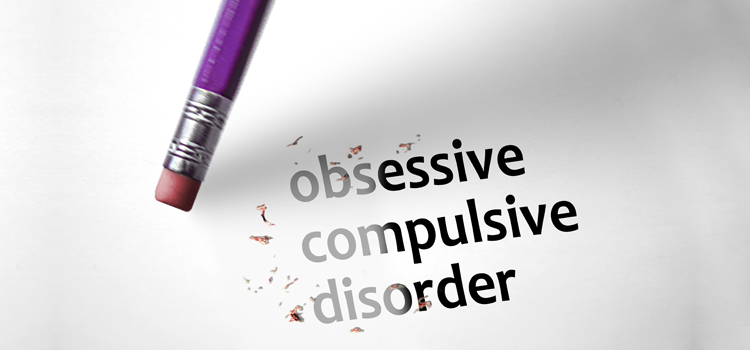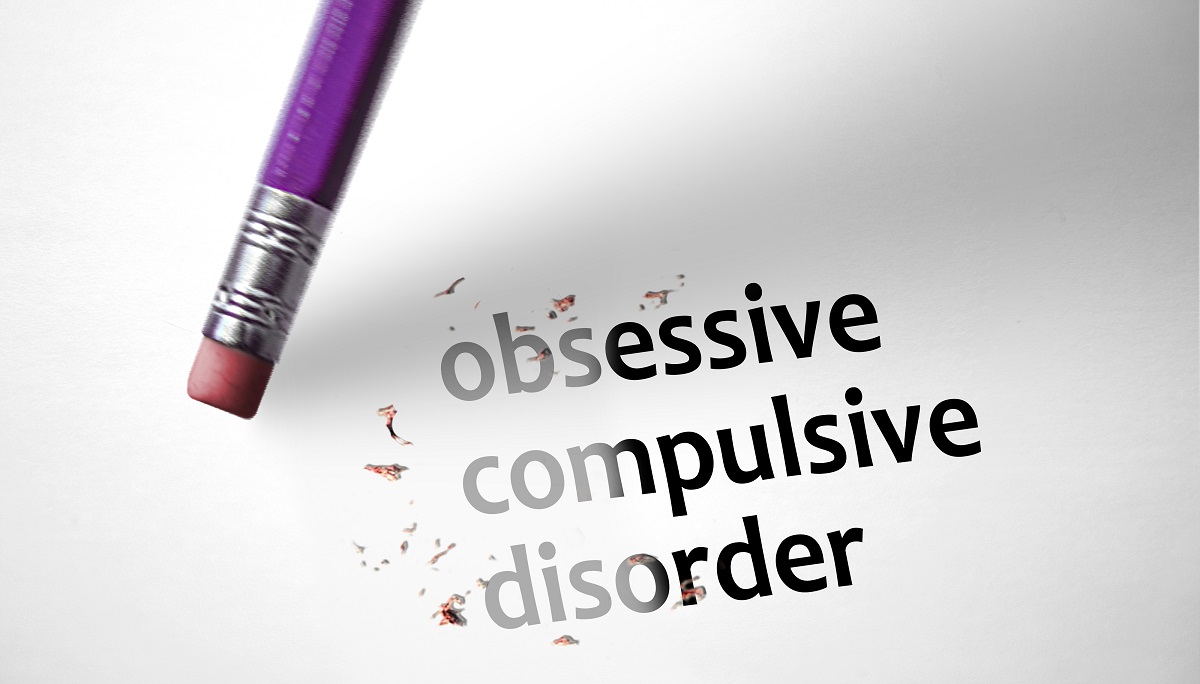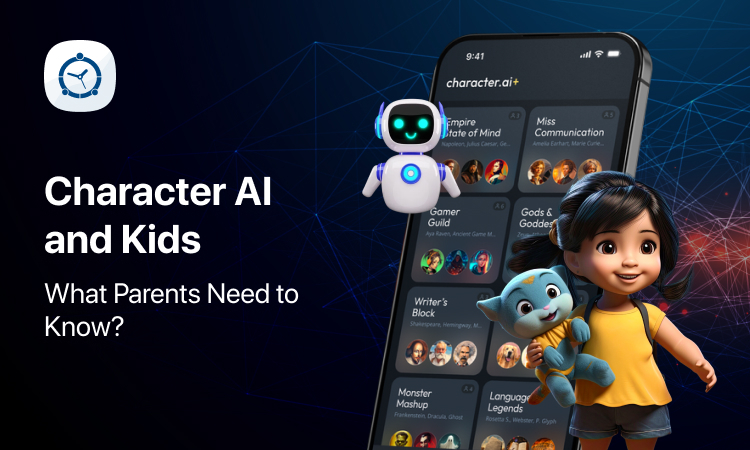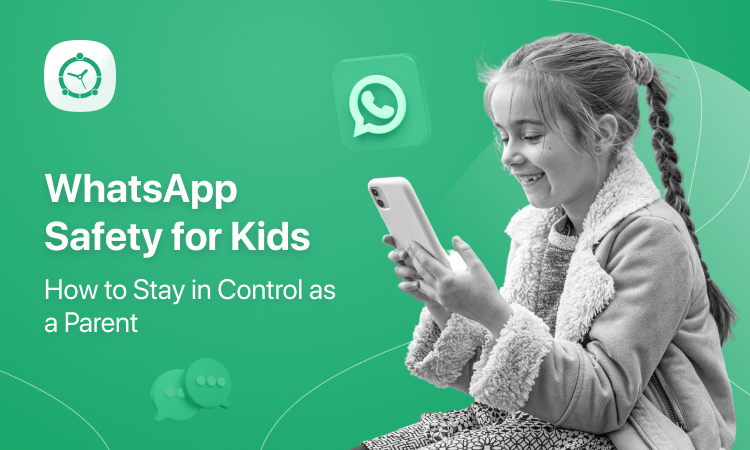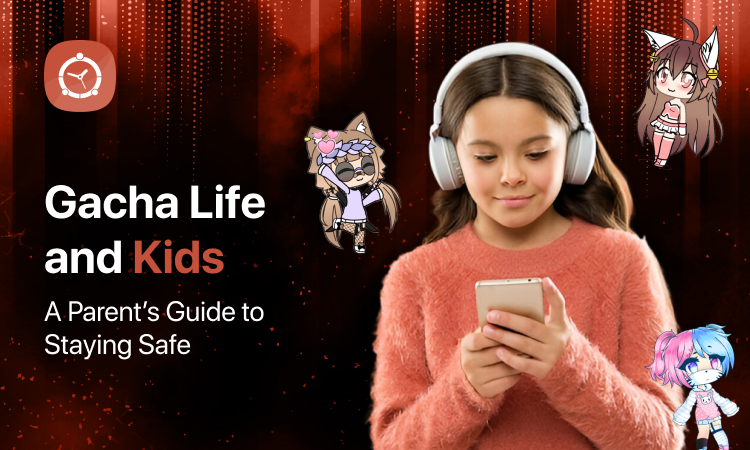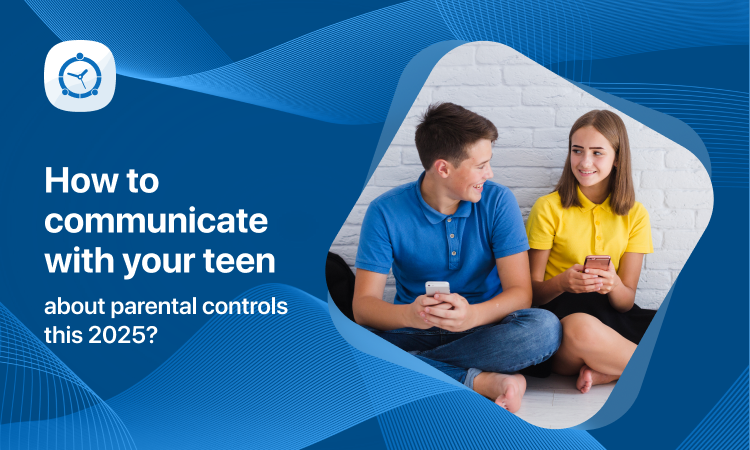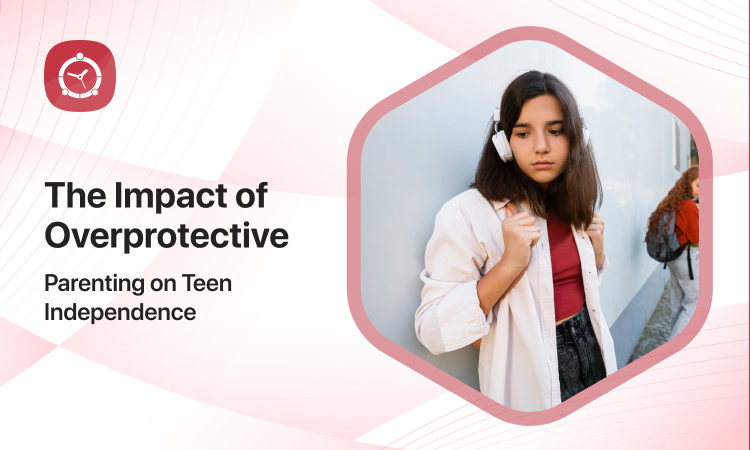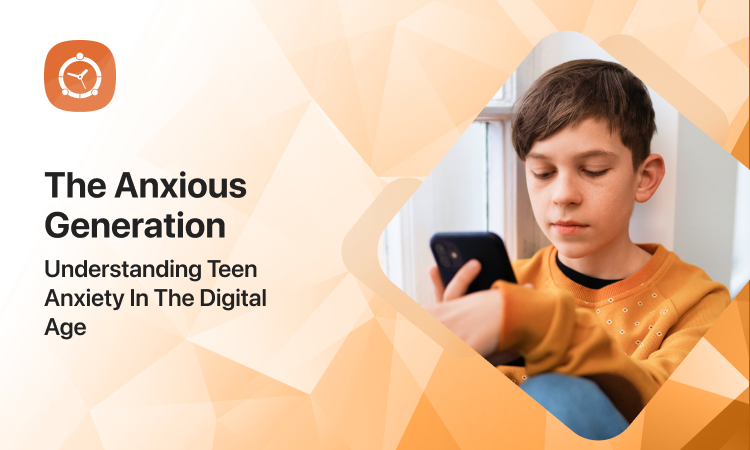It is normal to double check things, i.e. if the car is locked, the stove in off, etc. But if your teen has OCD, these are not just a normal day rechecking for them. Obsessive thoughts and compulsive behaviors become so extreme that it interferes with their daily life. No matter what they do, they just can’t seem to get rid of them. OCD – formerly perceived as a rare disease, is now so common that 1 in 100 (meaning millions) of people have it!
Sadly, many people, including many psychotherapists, think that OCD is rare. As a result, people with OCD are often misdiagnosed with ADHD, depression, conduct disorder and other conditions. If you are worried about your teen having OCD, it is very important to be fully aware of the disorder first.
What is OCD?
According to Massachusetts General Hospital: “Obsessive-compulsive disorder, or OCD, is a medical disorder that causes repetitive, unpleasant thoughts (obsessions) or behaviors (compulsions) that are difficult to control. Unlike ordinary worries or habits, these obsessions and compulsions may consume significant amounts of time (more than an hour per day), may interfere with a person’s daily schedule, and may cause significant distress”.
Symptoms:
Most people with OCD suffer from both obsessions and compulsions, but some experience either one. Some of the symptoms are:
Obsessive thoughts in OCD:
- Fear of being dirty (contaminated with germs), leading to excessive hand washing.
- Disturbing sexually overt or violent images and thoughts.
- Fear of losing or not having things one might need.
- Excessive worry of order and symmetry: everything must be lined up “just right.”
- Re-checking everything again and again: locked the door, turned off the lights, shut the window, etc.
- Fear of harming a parent, sibling or friend by accident.
Compulsive thoughts in OCD:
- Compulsive washing, bathing, or showering
- Hoard useless things such as empty food containers or old newspapers.
- Tapping, counting, or doing other meaningless things to lessen anxiety.
- Avoiding situations in which ‘something bad’ may happen.
- Praying extremely or engaging in practices prompted due to religious fears.
How can parents help?
If your child has OCD, the first step is to take them to a psychotherapist. Delaying will only exacerbate the disorders. According to a research, the reported onset age for OCD in boys is 6-15 years while girls onset age is after 20-year; this means that if a boy has OCD, he is likely to display symptoms at an age as young as 6. Nonetheless, regardless of the gender, treatment is important as soon as possible. Along with the professional help, here is what you can do to ensure your kid recovers from this disorder:
Teach your child about OCD
It is important that you ease your child’s confusions by telling them that these uneasing thoughts and compulsions she/he is having is OCD. According to the age of your child, simplify their condition and explain to them in the most easy words. Make them understand OCD using metaphor as One way is to ask them to think of OCD as a computer virus in the brain.
Refocus their attention
Whenever you feel that your teen is displaying obsessive or compulsive behavior, shift their attention to something else. Ask them to read a book, use the internet, play a video game, or do any creative thing. Encourage them to do the same when they feel that they are stuck on something.
Delay or change their rituals
Once you start helping your child, ask them to boss back OCD. For instance, you can ask them to delay washing hands for five minutes, or try putting on the jeans before the shirt. This can be very difficult, if your child starts feeling anxious to reduce the time to say 2 minutes.
Praise them on every small step
Dealing with OCD is tough, so your child needs a lot of encouragement. Small rewards like, a sticker on their board, a new toy, favorite meal or even simple praise like ‘Great job!’, ‘I am so proud of you’, “you are so brave!’ can really boost their confidence.
Always be there for them
Your love and support can work magic in their fight against OCD. Don’t delay their treatment by taking it as a phase because it is not. Along with professional help and your personal support, use parental control apps to make sure they do their part. Never leave their side and do everything you can to ensure your child lives a happy, healthy life!

